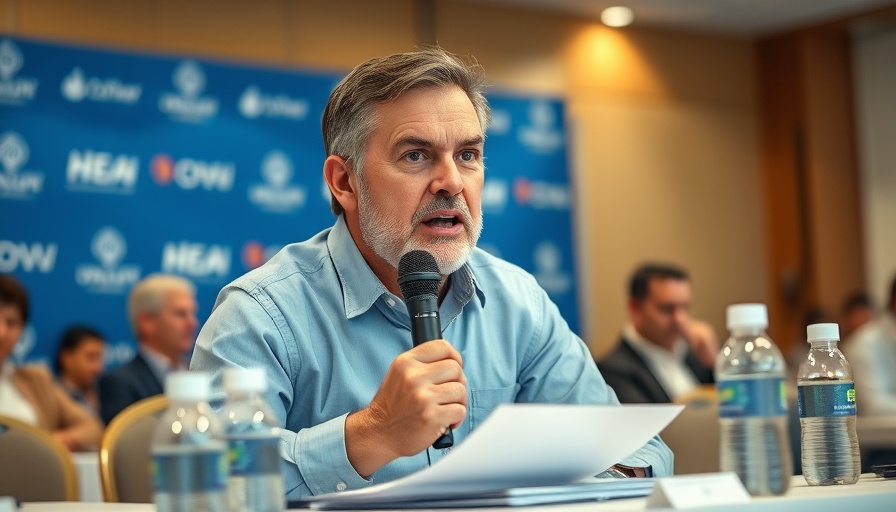
Growing Disillusionment with Commissions of Inquiry
In recent months, South Africans have voiced their increasing frustration over the efficacy of commissions of inquiry. Leading the charge is the Democratic Alliance (DA) leader, John Steenhuisen, who pointed out that after almost two years since the Zondo Commission report, the nation has seen no consequential high-profile convictions. This sentiment echoes a broader dissatisfaction with governmental processes designed to address corruption and malfeasance, raising questions about public trust in such inquiries.
Current Political Landscape and Ramaphosa's Decisions
President Cyril Ramaphosa's decision to place Police Minister Senzo Mchunu on leave and form a judicial commission into allegations of police corruption highlights the need for effective accountability mechanisms. Steenhuisen acknowledged the suspension as a necessary step, yet he condemned the lack of comprehensive consultations within the Government of National Unity (GNU), hinting at a deeper rift within South African politics.
Accountability and the Role of Leadership
Ramaphosa’s leadership has faced criticism not just from opposition parties, like ActionSA, but also from concerned citizens questioning his political priorities. Herman Mashaba, the ActionSA leader, lamented Ramaphosa's apparent indecision, positing that his actions are largely driven by a desire to maintain power rather than to serve justice. This raises a pivotal question: can politicians, embroiled in their survival games, genuinely commit to cleaning house?
Historical Context: Commissions of Inquiry in South Africa
The legacy of commissions of inquiry in South Africa is fraught with experiences of neglect and dissatisfaction. Instances like the Marikana Commission or the State Capture Inquiry have ignited public debates over their true effectiveness, often serving more as means for political maneuvering than as conduits for justice. The perception of ineffectiveness surrounding these commissions has led citizens to feel that their calls for accountability only resound in a void, fostering cynicism towards governmental reforms.
Public Sentiment and the Quest for Change
As frustrations resonate from every corner of the nation, ordinary South Africans are now vocalizing their desire for substantive change rather than temporary fixes characterized by commissions. Public trust is at an all-time low; citizens want more than just promises—they seek actionable change and transparency. The need for a robust response to systemic issues—from economic recovery and unemployment to rampant crime and governance failures—cannot be overstated.
The Future of South African Governance
The current wave of discontent among the populace underscores the crucial nature of reform in South Africa's government apparatus. As many speculate about the outcome of the approaching national elections, the pressing questions surrounding cabinet integrity and transparency serve as a litmus test for the future of democracy and rule of law within the country.
Call to Action: Reshaping Governance
As we look towards a critical time in South African politics, it is essential for citizens to remain engaged in the electoral process and hold leaders accountable. Join discussions in your communities, advocate for effective governance, and push for meaningful reforms that echo the collective voices of South Africa.
 Add Row
Add Row  Add
Add 




Write A Comment